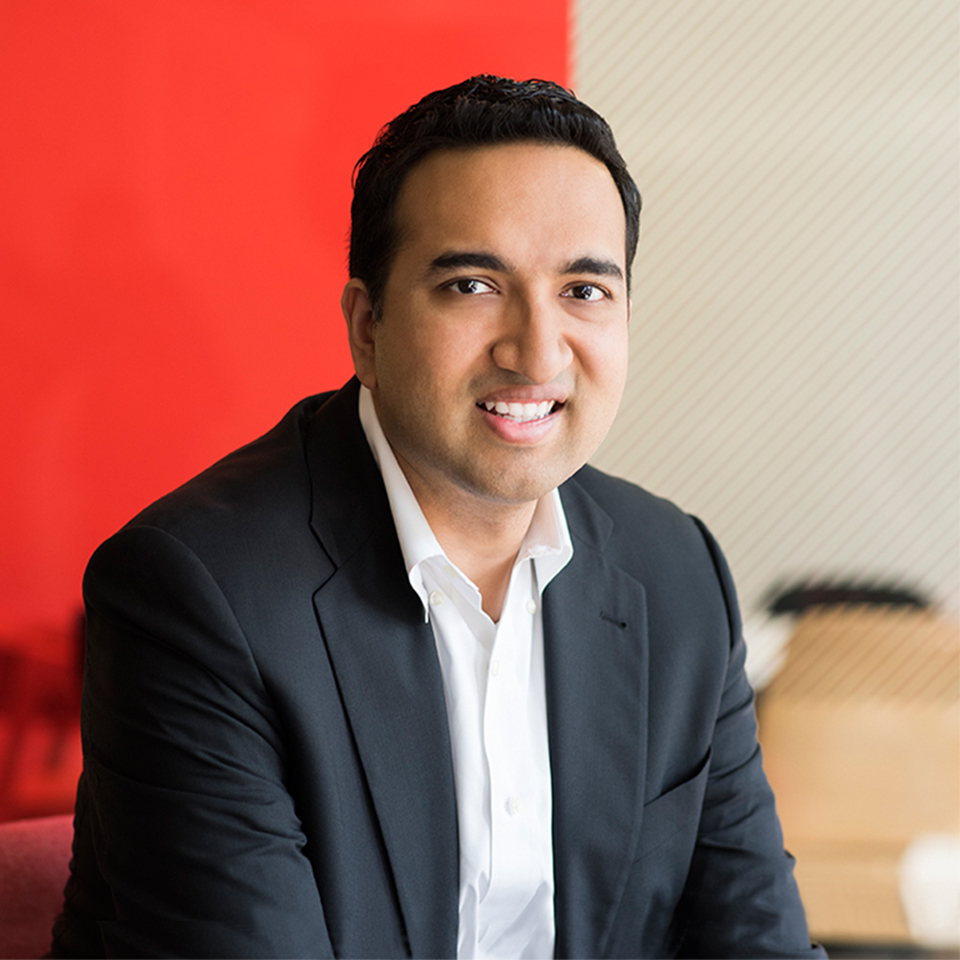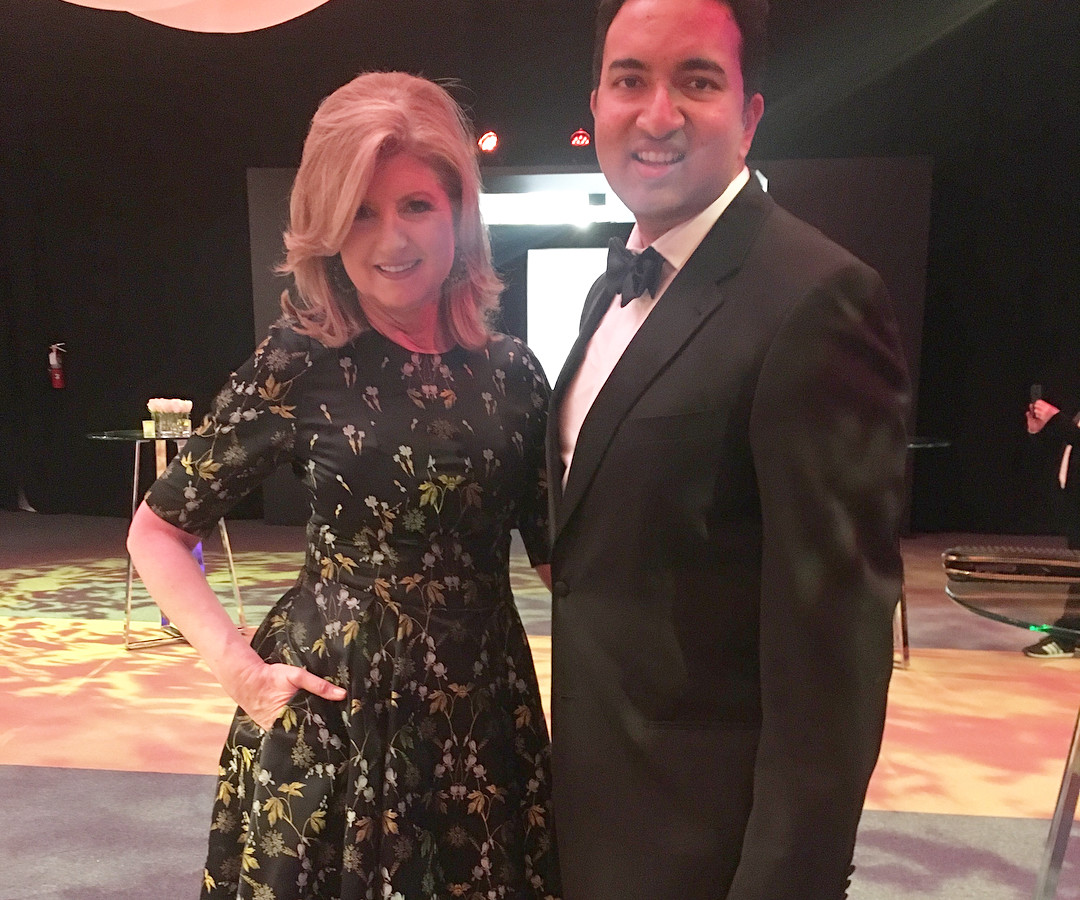Thrive Global announced today a $80M Series C financing co-led by Mamoon Hamid at Kleiner Perkins and Ian Chiu at Owl Ventures. The financing is a great milestone for the company and a testament to both the execution to date and the opportunity ahead. We’ve had the chance to partner with both Mamoon Hamid and Ian Chiu over the past decade in remarkable hypergrowth companies like MasterClass, Slack and Figma and couldn’t be more excited to welcome them to the Thrive team. IVP led Thrive Global’s Series B financing in 2017 and we’ve had the great privilege of partnering closely with Arianna Huffington and the extended management team and investor syndicate. While a lot has been written about Product Market fit for startups, not enough is discussed about “Product Culture” fit. It’s essential to build a deeply resonant product for your customers. But it’s equally if not more important to have the product be symbiotic and emblematic with your own values as a company. When we had invested originally in Thrive, we could have never predicted that the company would go through a once in a century pandemic. Watching the team execute in these unprecedented times has been a testament to true grit and passion. There are 3 R’s that summarize the Product Culture fit at Thrive – Reset, Repeat and Resilience:
Reset – The pandemic was an abrupt, unexpected and extreme reminder that nothing can be taken for granted and one must always expect the unexpected. I recently came across a board deck from January 2020. It was cathartic rereading it as the focus was completely on the business with so many assumptions being made on travel, hiring, office space and customer engagements with an ominous pandemic looming but just out of sight. Q2 of 2020 was a true reset – Thrive was forced to quickly adapt to a new normal where employees had to shift to full remote work while also managing the uncertainty surrounding their families and loved ones. The pandemic created a global reset and Thrive itself was faced with some of the most difficult decisions of the company’s lifecycle. Rather than retreat, the team rose to the occasion and decided that the mission of the company was even more important going forward. And they were right. The team built a specific product module (entitled “Reset”) that gave employees the chance to take pauses throughout the workday to recharge. Thrive announced the Thrive Reset App for Zoom in October 2020 that will enable a 60-second focus on breathing visualization as a means of alleviating stress as well as creating your own Reset. As Arianna noted, “a reset is an opportunity to bring together the things that bring you joy.” And Reset is also available on Microsoft Teams at Accenture and will soon be available on Cisco Webex.
Repeat – One key indicator of a successful SaaS product is repeatability. Can the core user experience be replicated across heterogenous environments or is each interaction customized? Thrive saw certain themes emerge in its early product forays that were crystallized through the pandemic. Leaders and managers needed a new toolkit to traverse remote work and global employee bases. Working families needed community, support and curated content to persevere. And best practices for one set of customers should be transferable across others. Thrive built a series of science-based Microsteps into its core platform that enables customers to see both increased wellness and augmented productivity. But it goes beyond the traditional vendor customer relationship. Thrive’s customers are truly partners to the company where the conversations focus on mutually solving some of the biggest challenges executives face in the coming decade. History also has a way of “repeating” itself as we see time and time again. Arianna shared lessons learned both throughout her career and specifically from the financial crisis and adapted them to the global pandemic. The company’s focus on repeatability, capital efficient growth and innovation has given it the foundation to be a leading standalone company in the Corporate Wellness, Productivity and Learning and Development markets.
Resilience – Resilience was the word that defined our broader society in 2020 and 2021. What didn’t break us made us stronger. The very crises that threatened the status quo suddenly became opportunities. This was manifested by the creation of a mental resilience dashboard that enables executives to track both Burnout Risk and Resilience scores and offer targeted interventions. The product resonated quickly and deeply with customers and prospects. The team also showed time and time again why the solution to a crisis isn’t to retreat but rather to come together. As Adam Grant, a member of Thrive’s Scientific Advisory Board, said, “The great thing about showing up for other people is it doesn’t have to cost a whole lot and it ends up being beneficial to the giver.” I am so proud of the countless times members of the Thrive ecosystem put helping others ahead of their own needs. I am also a huge believer that a key part of improving mental health is combining professional therapy with self help. Thrive has created the basis for the self-help employees need around the world to foster resilience and catalyze joy. Resilience is also something that defines a deep partnership between an investor and management team. There were moments where the chosen path of building a data-driven SaaS product selling to Enterprises was certainly not the obvious one. It’s those moments I will remember the most in the years to come, when the courage of the team combined with the conviction of the investors led to staying the course on a difficult but ultimately more rewarding strategy. As Arianna said in her December 2020 piece, “Resilience is what allows us to not just bounce back but bounce forward.” And it’s those countless examples of resilience that will enable the global community to not just bounce back but leap forward in the decade to come. IVP is proud to be participating in the Series C financing for Thrive. And we are honored to be a small part of shifting the global mindset around wellness and productivity via our partnership with Arianna and the team at Thrive. We remain optimists that the greatest period in human history of innovation, collaboration and resilience is just beginning.


